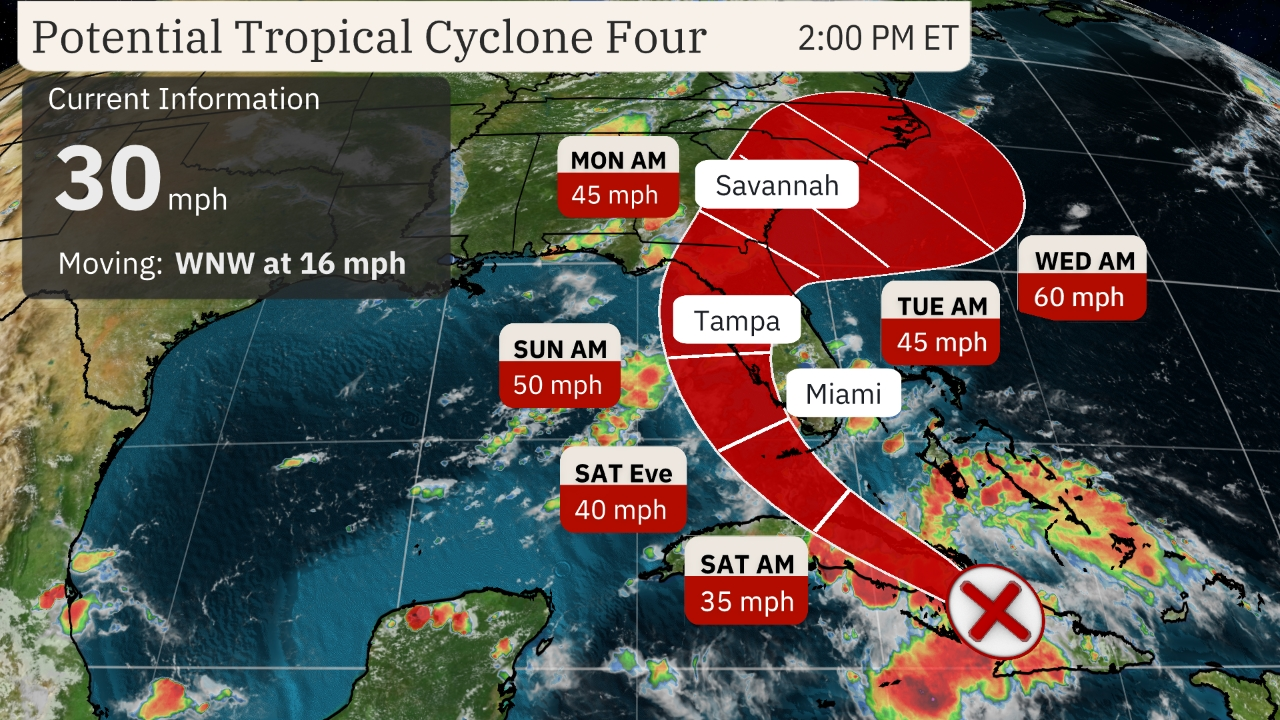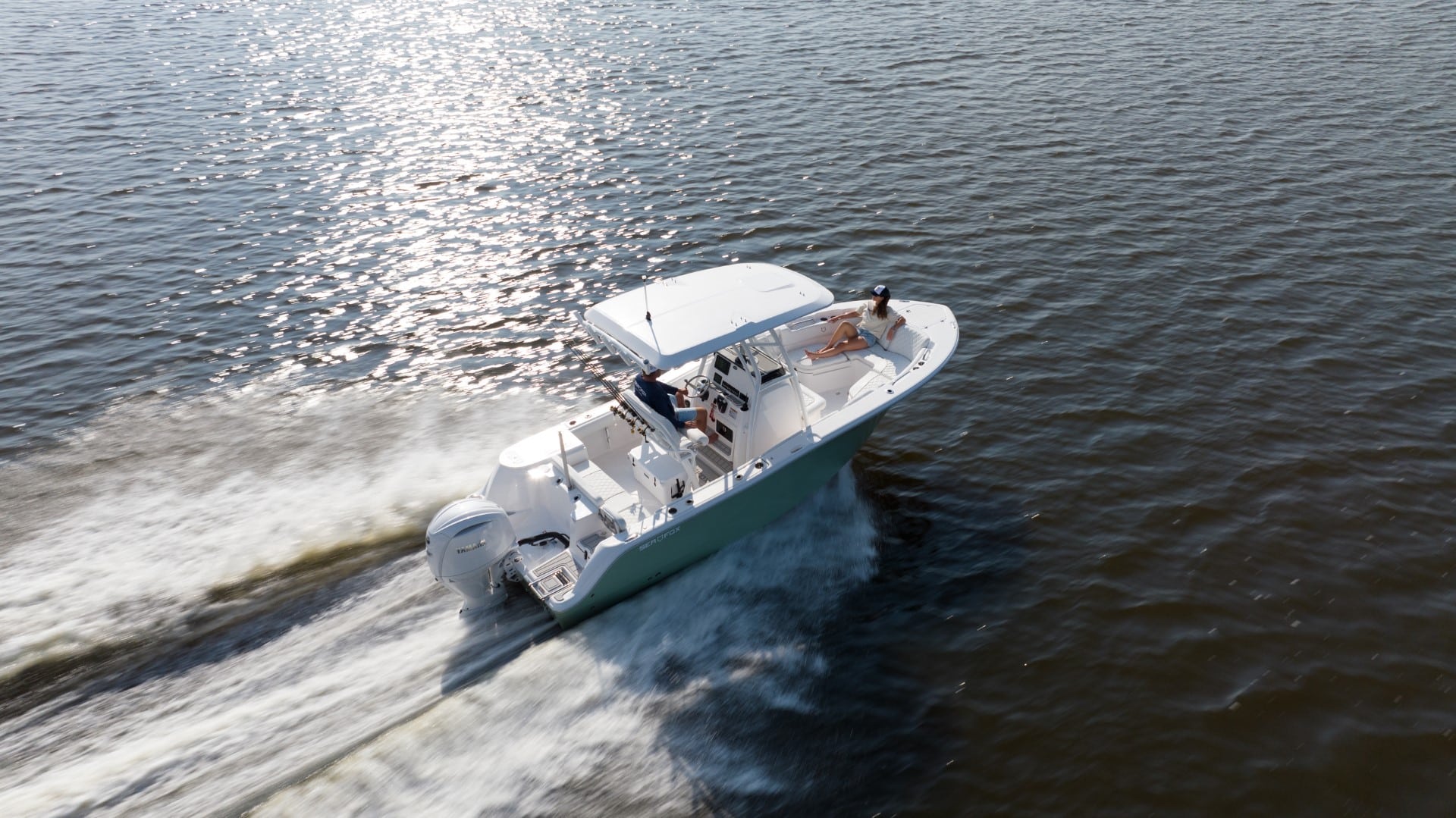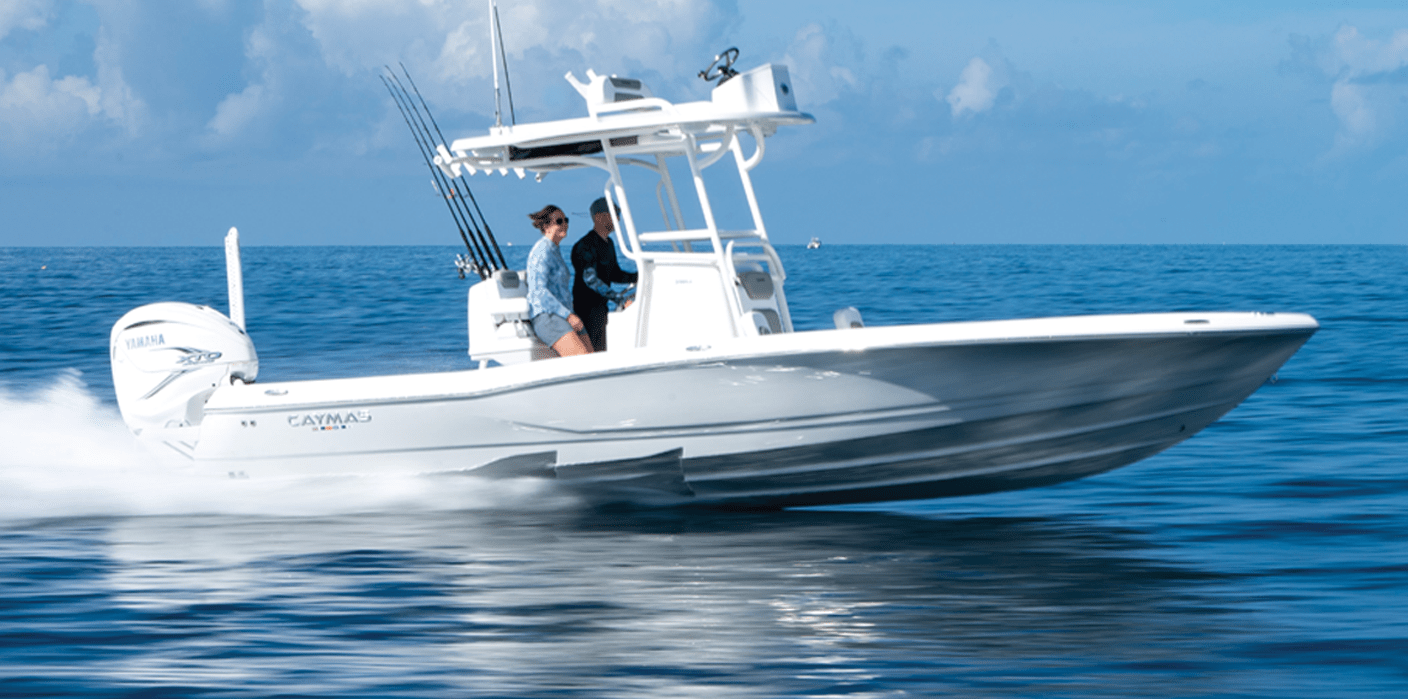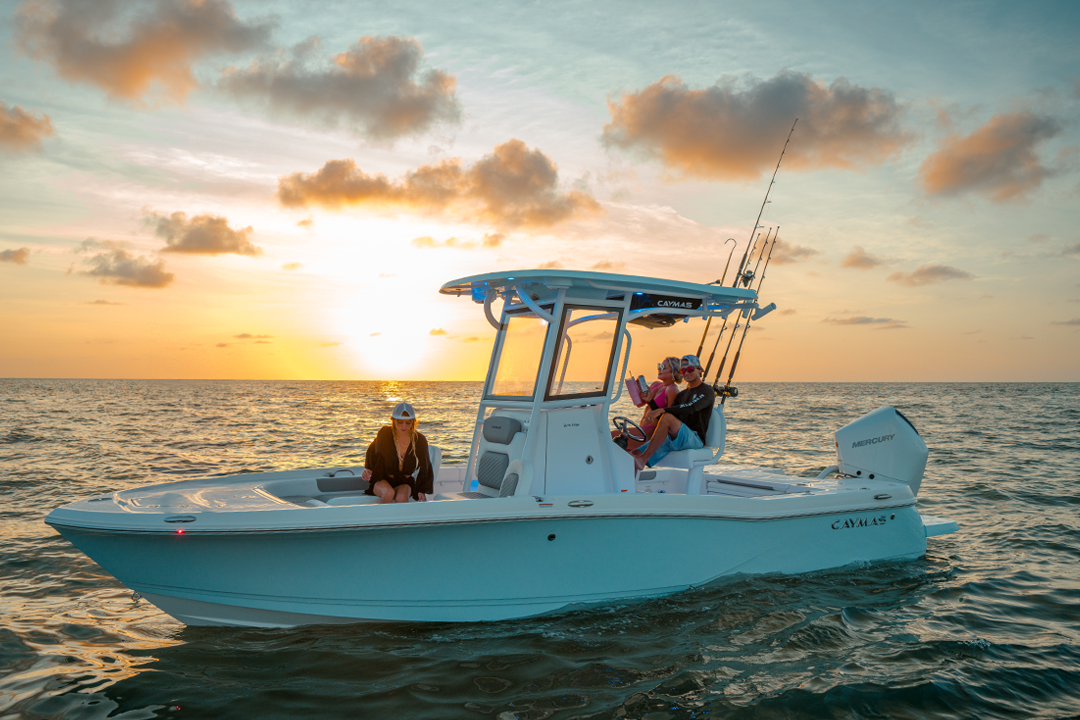Florida’s tropical storm season is a challenging time for boaters. With powerful winds and heavy rains, these storms can pose a significant threat to your power boat. Proper preparation is crucial to ensure the safety of your vessel and to minimize potential damage. In this blog, we will provide you with essential tips and best practices to prepare your power boat for tropical storm season in Florida.
Pre-Storm Preparations
Preparing your power boat before a storm hits is the most critical step in safeguarding it. Here’s a detailed checklist to help you get started:
- Secure Your Boat in a Marina or Mooring:
- If possible, move your boat to a well-protected marina or a secure mooring location.
- Double up on dock lines, using chafe protectors to prevent wear and tear.
- Ensure that your boat is centered in its slip and has ample fenders to prevent it from hitting the dock.
- Recommended Supplies and Equipment:
- Extra Lines and Fenders: Have additional lines and fenders ready to reinforce your boat’s mooring.
- Storm Anchors: Invest in heavy-duty storm anchors and ensure they are properly set.
- Emergency Kit: Include items such as flares, life jackets, a first-aid kit, and a portable VHF radio.
- Remove or Secure Loose Items:
- Remove any loose items from the deck, including cushions, canvas, and electronics.
- Secure all hatches and ports to prevent water from entering.
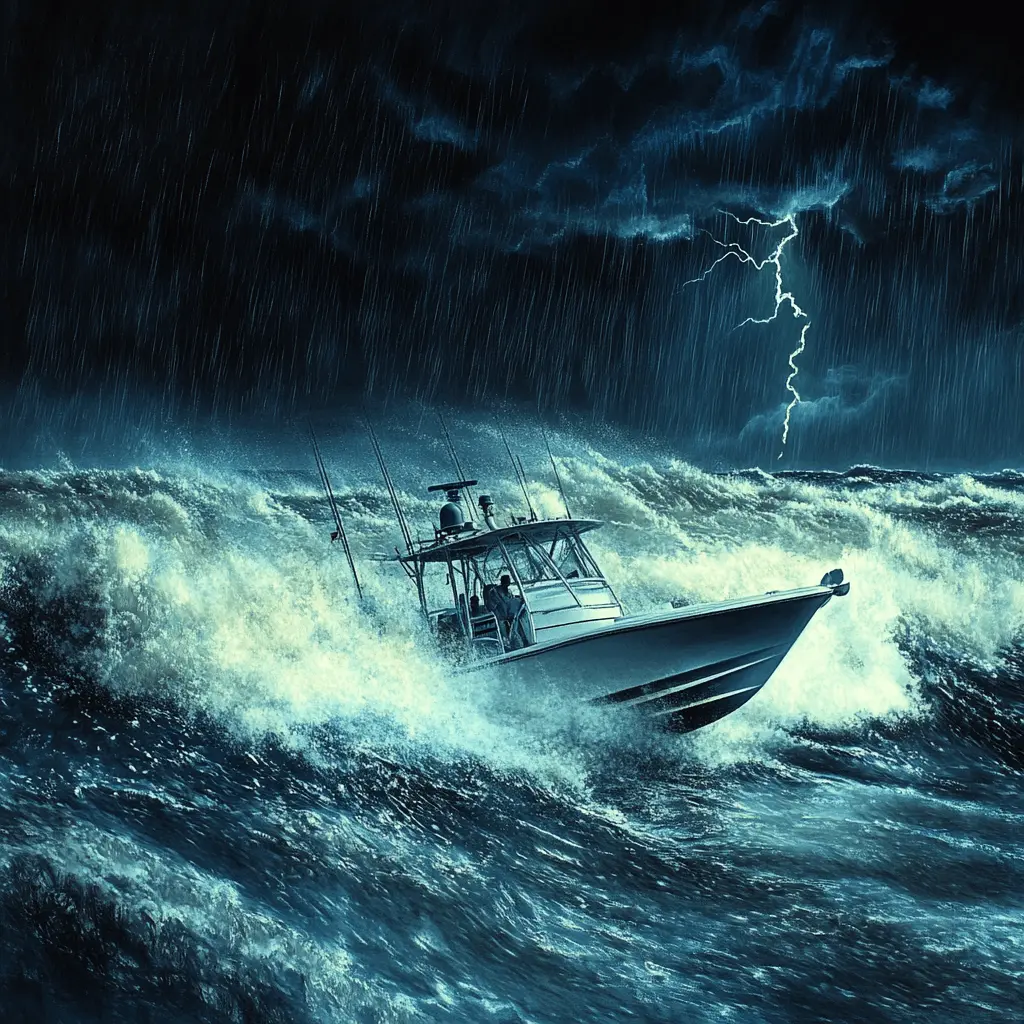
During a Florida Tropical Storm
If you find yourself on your boat during a Florida tropical storm, your safety should be your top priority. Here are some safety measures to follow:
- Monitor Weather Updates:
- Keep a close eye on weather updates from reliable sources such as the National Hurricane Center.
- Use a portable weather radio or marine VHF radio to stay informed about the storm’s progress.
- Stay Informed and Communicate:
- Establish a communication plan with family or friends onshore.
- Make sure your emergency contact information is up to date and easily accessible.
- Emergency Protocols:
- Familiarize yourself with your boat’s emergency protocols, including how to use the bilge pump and life-saving equipment.
- In case of severe conditions, know the nearest safe harbor or sheltered area to navigate to.
Post-Storm Actions
Once a Florida tropical storm has passed, it’s crucial to assess the condition of your boat and take necessary actions to address any damage:
- Inspect Key Areas for Damage:
- Check the hull for cracks, dents, or other signs of damage.
- Inspect the engine and electronics for water intrusion or damage.
- Examine the rigging, lines, and fenders for wear and tear.
- Document Damage for Insurance:
- Take detailed photos of any storm damage to your boat.
- Contact your insurance company promptly to report the damage and start the claims process.
- Seek Professional Repairs:
- For significant damage, seek professional assistance for repairs.
- Black Label Marine Group offers expert maintenance and repair services to get your boat back in top condition.
Additional Resources and Tips
Being prepared and informed is key to successfully navigating Florida’s tropical storm season. Here are some additional resources and tips:
- Local Resources:
- Check with local marinas for storm preparation tips and safe harbor information. For instance, Safe Harbor Marinas offers detailed advice and resources.
- Stay connected with weather stations such as Weather Underground and emergency services like Florida Division of Emergency Management.
- Advice from Experienced Boaters:
- Join local boating communities and forums to share experiences and get advice from seasoned boaters.
- Learn from others’ experiences to improve your own tropical storm preparedness plan.
At Black Label Marine Group, we are committed to helping you keep your boat safe and well-maintained. Our certified technicians are skilled in servicing Yamaha and Mercury Marine engines, and we can handle any outboard motor boat built after 2007. Visit our Punta Gorda, Ocala, or Pinellas Park stores, or check our online inventory for more information.
FAQ
Secure your boat in a marina or mooring, double up on dock lines, remove loose items from the deck, and ensure you have emergency supplies on board.
Monitor weather updates from reliable sources like the National Hurricane Center and use a portable weather radio or marine VHF radio.
Inspect your boat for damage, document it with photos, contact your insurance company, and seek professional repairs.
Extra lines and fenders, storm anchors, an emergency kit with flares, life jackets, a first-aid kit, and a portable VHF radio.
We offer expert maintenance and repair services, with certified technicians for Yamaha and Mercury Marine engines, and we can service any outboard motor boat built after 2007.

